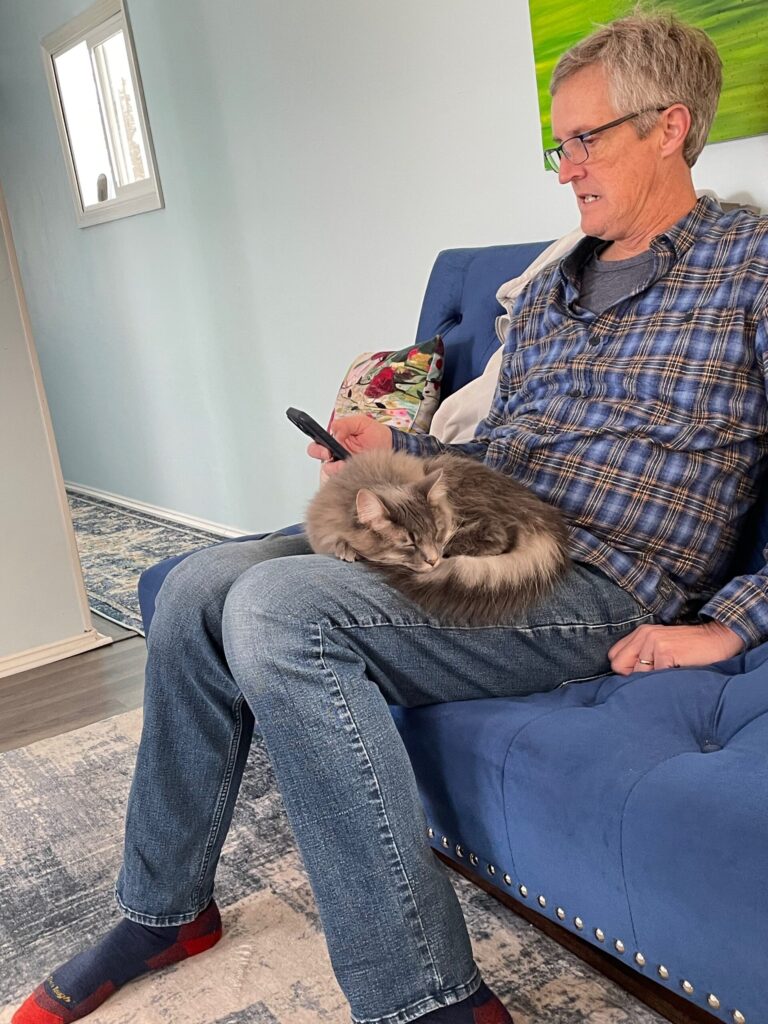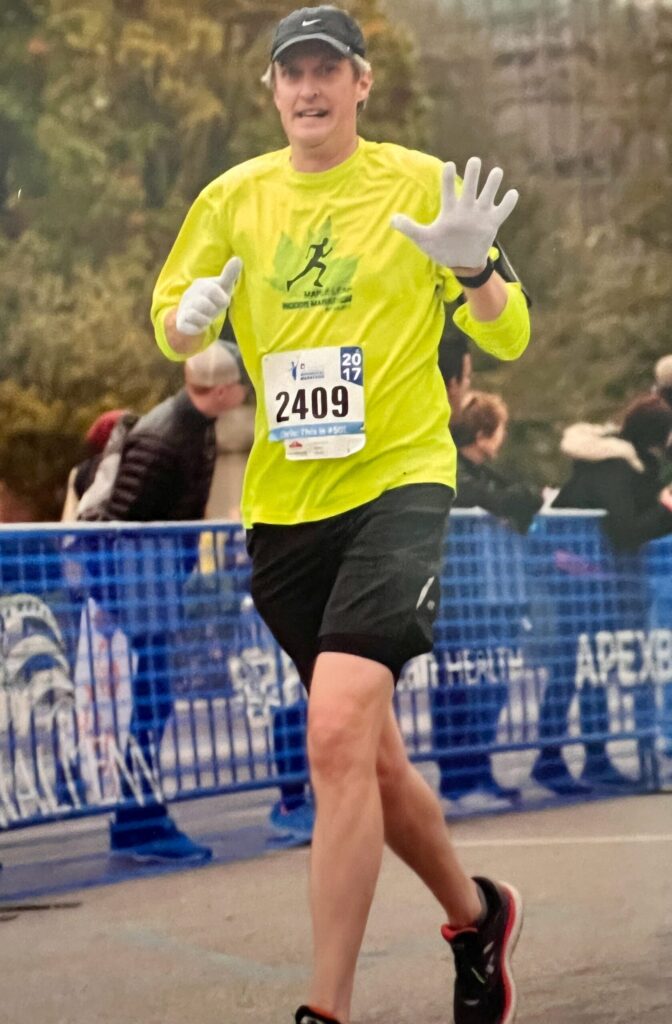
It’s funny what you notice when your routines break down.
Before we left for Arizona, I had a rhythm: mornings at Starbucks, afternoons writing, evenings winding down. Nothing glamorous, nothing earth-shattering, just a steady, familiar cycle.
Then came the move. New place, new routines—or, more accurately, no routines at all. And with that, a strange kind of drift set in.
It’s not that I wasn’t working. I was still writing. Still showing up.
But without the anchor of routine, everything felt harder.
Routines Aren’t Glamorous, But They Are Powerful
There’s a myth we sometimes buy into—that creativity should feel spontaneous, electric, driven by sudden bursts of inspiration.
But the truth is, most of the meaningful work gets done by showing up in ordinary ways, over and over again.
Writing a blog post. Drafting a new program. Planning a session.
None of it requires fireworks.
It requires habit.
When routines are in place, they remove one big obstacle: decision fatigue.
You don’t have to ask yourself whether you’ll write today. You already know.
The question becomes simpler: What will you write today?
Routine Is Like Marathon Training

When I trained for marathons, I didn’t wake up full of energy every day.
Some days, my legs felt like concrete. Some days, I wanted to turn around after the first mile.
But the rhythm of the training plan—not my mood—carried me forward.
It wasn’t about how I felt at mile one.
It was about trusting that if I showed up, if I stayed in motion, my body would find the rhythm it knew how to keep.
Writing—and really, any meaningful work—is the same.
Routine builds resilience, not just results.
You don’t have to feel good to make progress. You have to trust the process enough to keep moving.
When Routine Slips, So Does Flow
During those early Arizona days, I noticed how quickly the absence of routine unraveled everything else.
Writing sessions got shorter.
Focus came slower.
Momentum faded.
It’s like a long-distance run—you don’t lose fitness all at once. You lose it gradually, quietly, without realizing until you’re struggling halfway through a mile that used to feel easy.
The same happens with creative flow.
Without consistent rhythms, it’s easy to confuse discomfort for inability.
It’s easy to wonder, Am I just bad at this?
But it’s not ability that’s lacking. It’s structure.
Tiny Shifts Rebuild Big Routines
The solution wasn’t glamorous either.
It was getting back to basics:
- Returning to a set morning time to write (even if it felt clumsy at first)
- Sitting in the same chair
- Making coffee the same way
- Opening the same draft file
Small signals to the brain:
We are doing this again. We are moving forward.
It didn’t feel magical right away. But step by step, the flow returned.
Not because inspiration struck—but because routine made space for discovery.
A Word About Personality and Routine

As an Enneagram 7, routine has not always been my natural ally.
I crave spontaneity, newness, adventure. A structured plan can feel like a cage to my instinct for exploration.
But what running—and writing—have taught me is that routine doesn’t have to kill spontaneity. In fact, routine can make space for it.
When you’re out on a familiar running trail, it’s not the predictability that keeps you going. It’s the unexpected—a rabbit darting across the path, a sudden breeze, a new shade of light at sunset—that reminds you you’re alive and moving through a wide, open world.
Routine sets the stage. Magic shows up when you’re already in motion.
A Final Thought: Routines Are Rescue Boats, Not Cages
A lot of writers and teachers (myself included) sometimes bristle at the idea of strict routines.
They can feel limiting, dull, rigid.
But good routines aren’t cages.
They’re rescue boats.
They carry us through the mornings when inspiration doesn’t show up.
They give us a rhythm to trust when the work feels heavy.
They remind us that consistency builds confidence, even when the page is blank.
So if you’re struggling today—not with ability, but with momentum—maybe don’t ask, What should I create today?
Maybe ask, Where can I rebuild a routine that makes creating feel possible again?
One small rhythm at a time.


